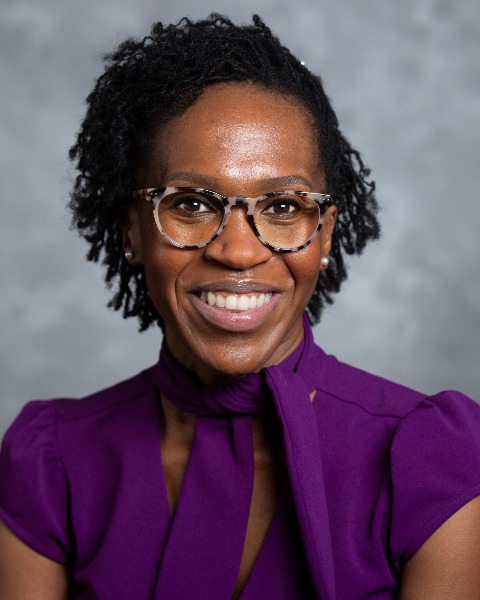Program Area: Behavioral and Social Sciences
Caregiving Networks of Diverse Families: Context and Culture Influences on Dementia Care
-
.jpg)
Karen Roberto, PhD, FGSA
University Distinguished Professor
Center for Gerontology
Virginia Polytechnic Institute & State University
Blacksburg, Virginia, United States -

Jyoti Savla, PhD, FGSA
Professor
Center for Gerontology; Department of Human Development & Family Science
Virginia Tech
Blacksburg, Virginia, United States -

Jyoti Savla, PhD, FGSA
Professor
Center for Gerontology; Department of Human Development & Family Science
Virginia Tech
Blacksburg, Virginia, United States -
SA
Sato Ashida, PhD
Associate Professor
Community and Behavioral Health
University of Iowa College of Public Health
Iowa City, Iowa, United States -

Kalisha Bonds Johnson, PhD, RN, PMHNP-BC
Assistant Professor, Tenure Track
Nell Hodgson Woodruff School of Nursing
Emory University
Atlanta, Georgia, United States -
JA
Jacqueline Angel, Ph
Professor
LBJ School of Public Affairs
The University of Texas at Austin
Austin, Texas, United States
Chair(s)
Co-Chair(s)
Individual Symposium Abstract First Author(s)
Older adults living with dementia and their primary caregivers are embedded within larger family and formal care networks that are shaped by cultural and contextual influences. Yet information about diverse caregiving networks is sparse. This symposium focuses on the composition, structure, responsibilities, and influences of caregiving networks in supporting persons living with dementia and their primary family caregivers. Savla and colleagues identify six distinct care networks among dementia family caregivers living in economically diverse areas of rural Appalachia. Networks varied by caregivers’ emotional connectivity with family/friends, caregiver strain, role overload, loneliness, and service attitudes and utilization. Ashida and colleagues focus on changes in rural and urban dementia family caregiving networks during the COVID-19 pandemic. Network members engaging in negative social interactions increased while those engaging in uplifting interactions decreased over time, especially among urban caregivers. Bonds Johnson and colleagues examine shared decision making between African American caregivers and their relative living with dementia. Dyadic analysis revealed that while care recipients were involved in the decision-making processes, their care network’s level of the involvement varied. Angel and colleagues explore the role of caregiver characteristics, stressors, and resources for Mexican American caregivers. Depressive symptoms were significantly associated with dementia caregiver turnover, with adult children and grandchildren caregivers more likely to experience turnover than spouses. Collectively, the findings presented extend prior research on community-based dementia caregiving, broadening the focus from a single caregiver to a network of caregivers and capturing the complexities of place-based context and culture variations in care provision.
Learning Objectives:
- After attending this session, participants will be able to describe the composition, structure, responsibilities, and influences of caregiving networks in supporting persons living with dementia and their primary caregivers.
- After attending this session, participants will be able to discuss the interplay between cultural and contextual influences on dementia caregiving networks.
Presentations:
-
10:00 AM – 11:30 AM ETCare Networks of Rural Appalachian Family Caregivers and Persons Living with Dementia
Individual Symposium Abstract First Author: Jyoti Savla, PhD, FGSA – Virginia Tech
-
10:00 AM – 11:30 AM ETChanges in Rural and Urban Family Caregiving Networks in the Midwest During the COVID-19 Pandemic
Individual Symposium Abstract First Author: Sato Ashida, PhD – University of Iowa College of Public Health
-
10:00 AM – 11:30 AM ETContext Matters in Decision-Making: Caregiving Networks of African American Dementia Dyads
Individual Symposium Abstract First Author: Kalisha Bonds Johnson, PhD, RN, PMHNP-BC – Emory University
-
10:00 AM – 11:30 AM ETTurnover and Depressive Symptoms Among Mexican American Caregivers of Persons Living with Dementia
Individual Symposium Abstract First Author: Jacqueline L. Angel, Ph – The University of Texas at Austin
